Andrea Catalano is a historical novelist who holds a master of philosophy in historical studies degree from University of Cambridge, UK. Originally from the Boston area, she currently lives in Texas with her husband, children, two fluffy cats, and many, many books.
Many years ago, when I began writing my first historical fiction novel, I went on a research trip to Germany. One evening, while exploring the lovely, quaint college town of Marburg, I stopped dead in my tracks. There was a café across the street, blaring a song that made my heart skip. It was a very obscure song off a very obscure 90’s alt-rock album that I adored and listened to on repeat while I wrote my novel at home at my little desk. It was an album that for some strange, inexplicable, reason gave me tremendous writing inspiration. Now here I was, exploring the town that featured in my novel, and I hear this beloved tune floating out into the street. For me, that was such a magical, serendipitous moment, like the muses or God or whatever higher beings were sending me a message: you’re on the right path, keep going, bring your story into the world.
As a writer, I’m certain you know the feeling of true inspiration. There’s nothing quite like that moment when you feel as though you’ll burst if you don’t get an idea out of your brain and onto paper. How amazing it feels, when something sparks your inner world of storytelling, puts fire in your belly to create a character or characters who must be brought to life. It’s that muse’s call, divine intervention, to whatever you might attribute that sensation, that drives us to take this plunge into the unknown as writers, as artists, and to create. That impetus is so special a thing, it’s difficult for us to put into words how it feels, despite our being wordsmiths!
We as writers thrive on that spark and magic of inspiration. It’s what coaxes us to dive into a new world—or project—when we might not. That magical drive is also what keeps us going when things can become a slog, whether it be the “in-between scenes” or editorial process, even those annoying proofreads. I could wax poetic here, and liken the creative experience to bringing a baby into the world and then having the love, devotion, and energy to help that baby thrive and grow. But we aren’t necessarily all mothers and fathers, so that may not be an apt metaphor. That being said, the thing we as writers all have in common, and what motivates us, is that spark of magical inspiration and the desire to do the tenacious work to make a story come alive and thrive.
Some writers may be fortunate enough to have lots of irons in the fire of inspiration—how lucky! But there are only so many writing hours in a day or week. How can one choose the best, most unique and intriguing idea and run with it? We as writers are an odd bunch, and I mean that in the best way. What inspires and motivates each of us is very individual. Some of us might trust our guts, and run on sheer intuition. Others may pragmatically think through what storyline might be best suited for the current market trends, and come to a conclusion based on evidence and data. Just like the age-old adage of “plotters vs pantsers,” no particular method of choosing a story is better or more fool-proof than the other. To create is a very individual process. What works for me might not work for you and vice versa.
But I feel compelled to urge you, fellow writers, to remind yourselves of how you first felt that spark that ignited your story. There is nothing realistic or pragmatic in the urge to create art. It comes from the heart, not the head. Bring yourself back in time to when you first built that creative fire. What was around you at that moment? Where were you? What were you listening to: music, talking, birdsong, the washing machine? Use your senses to recall, were you eating or drinking something when you felt that first flare of an idea? Was there a scent in the air: something cooking, the beverage beside you, the air outside your window, a certain beloved candle glowing nearby? Were you sitting in a chair, on a couch, at your desk, on the floor, lying in bed staring at the ceiling?
It is easy for us as writers to forget the first spellbinding moment of inspiration, especially amid the daily grind. Treasure the serendipitous moments that only you can see and feel because they relate to your creative inner world, like me as a young writer hearing that song floating out of a Marburg café—what were the chances? There is something fantastical about that, even now. Bring yourself back to that magical point in time when your heart raced and you scrambled to jot down the notes of a storyline. What we do as writers is not unlike conjuring a shape out of thin air. Not just anyone is capable of doing what we do. The talent of storytelling does not reside in everyone, but for some divine reason some of us have been given this skill. Remember this, celebrate this, take pride in this, especially when you begin to doubt yourself and your craft. There was most certainly some enchanting, magical alchemy that provoked you to create something from nothing, because that’s what we as artists do.
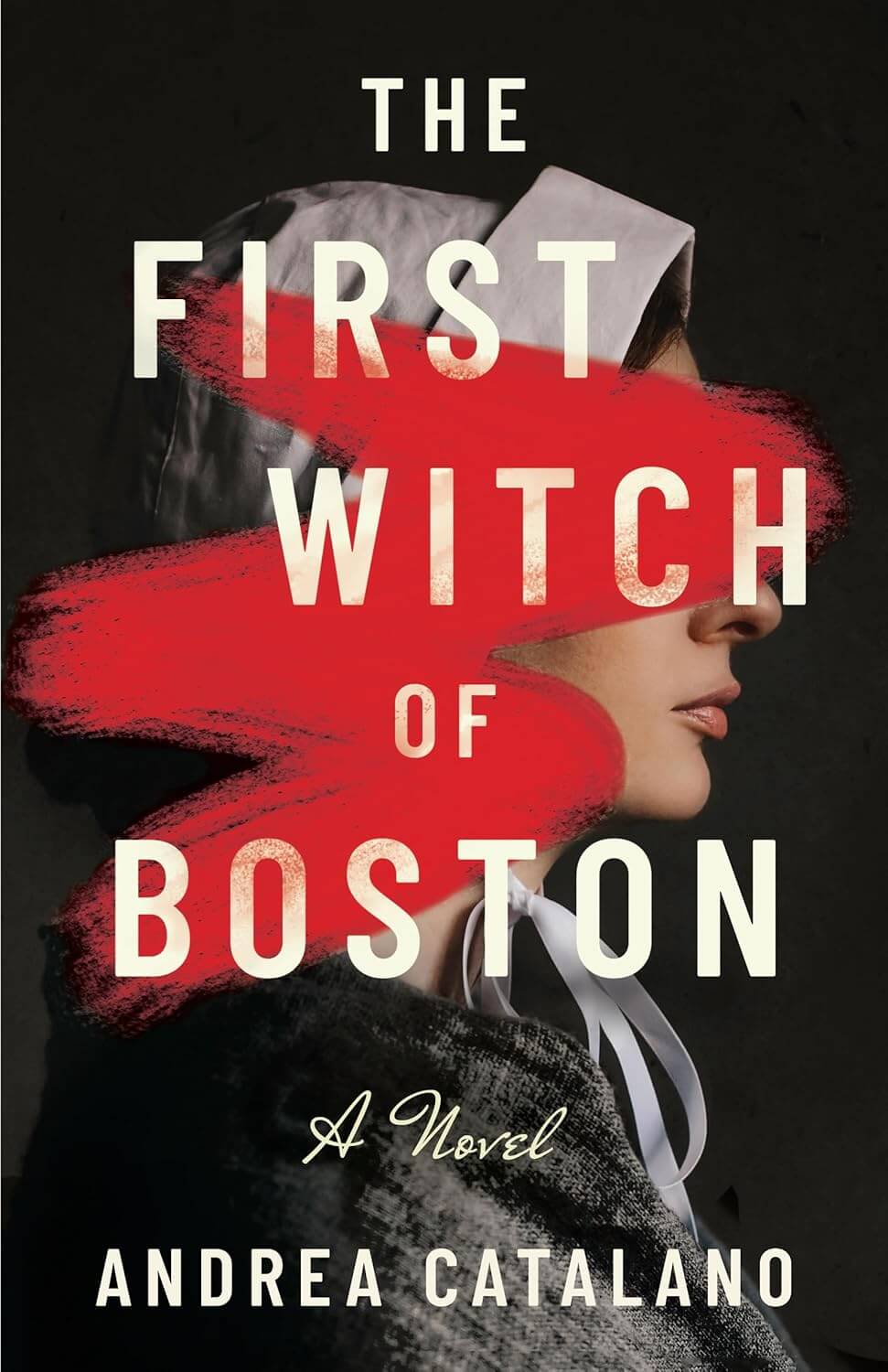
The First Witch of Boston by Andrea Catalano
The year is 1646, and Thomas and Margaret Jones have just arrived in the Massachusetts Bay Colony to make their way in the New World. Reticent Thomas and headstrong healer Margaret are opposites, but they are united by mutual love and a child on the way. But Margaret’s boldness raises suspicions in their Puritan community, and she soon finds both her life and her marriage at risk. Inspired by real diary entries and court records, this is not only a trip through history, but a close examination of what it means to love.
Buy the book now: Bookshop.org | Amazon | Barnes & Noble








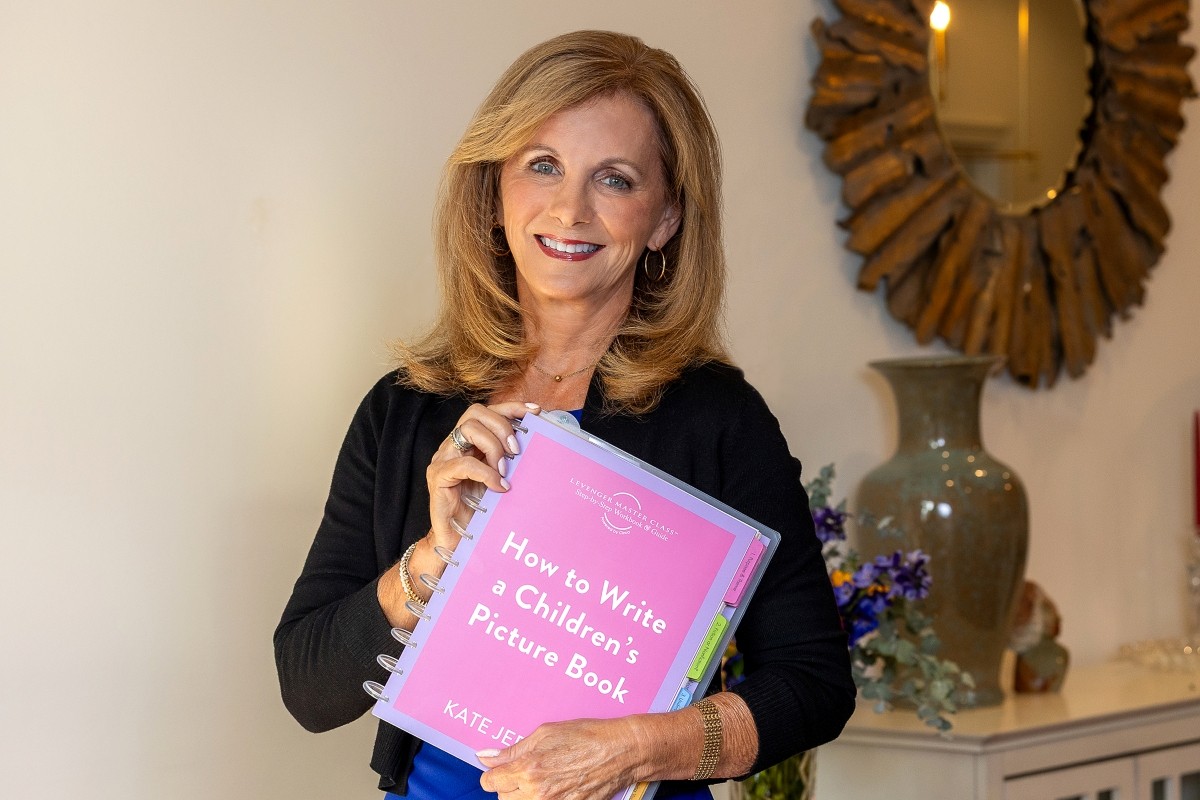
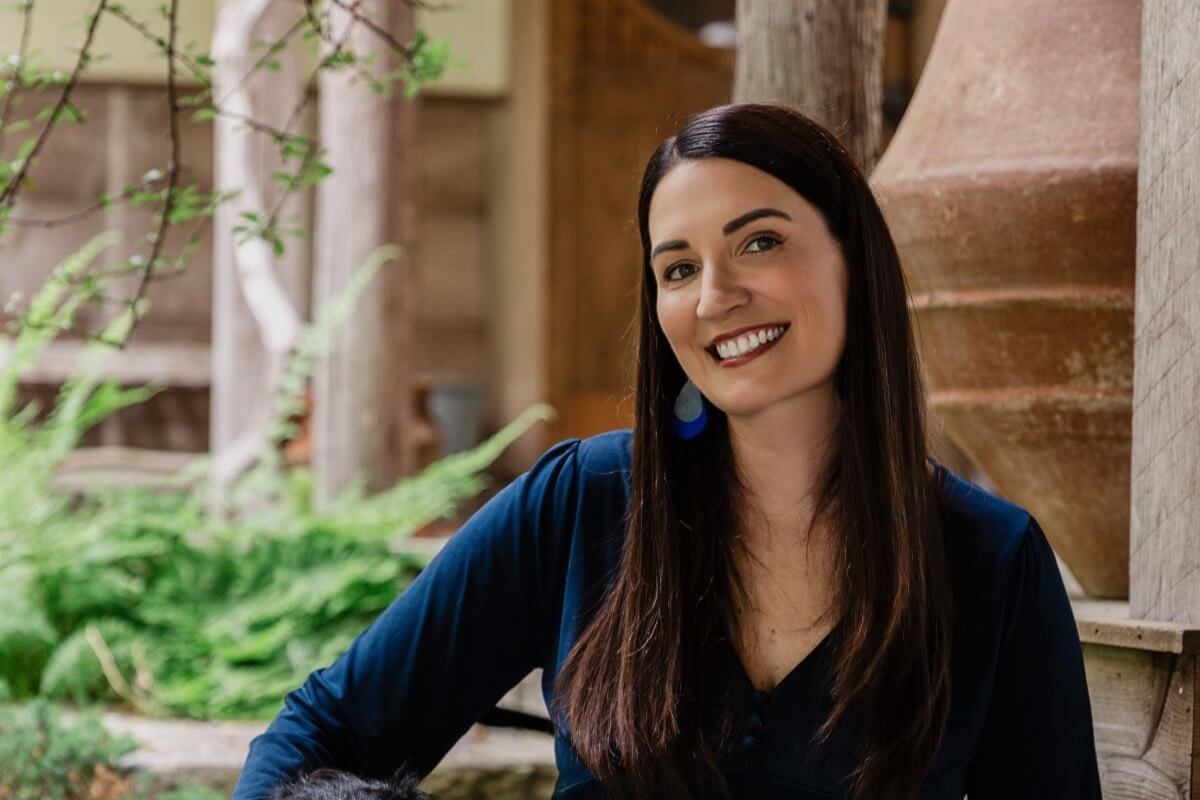
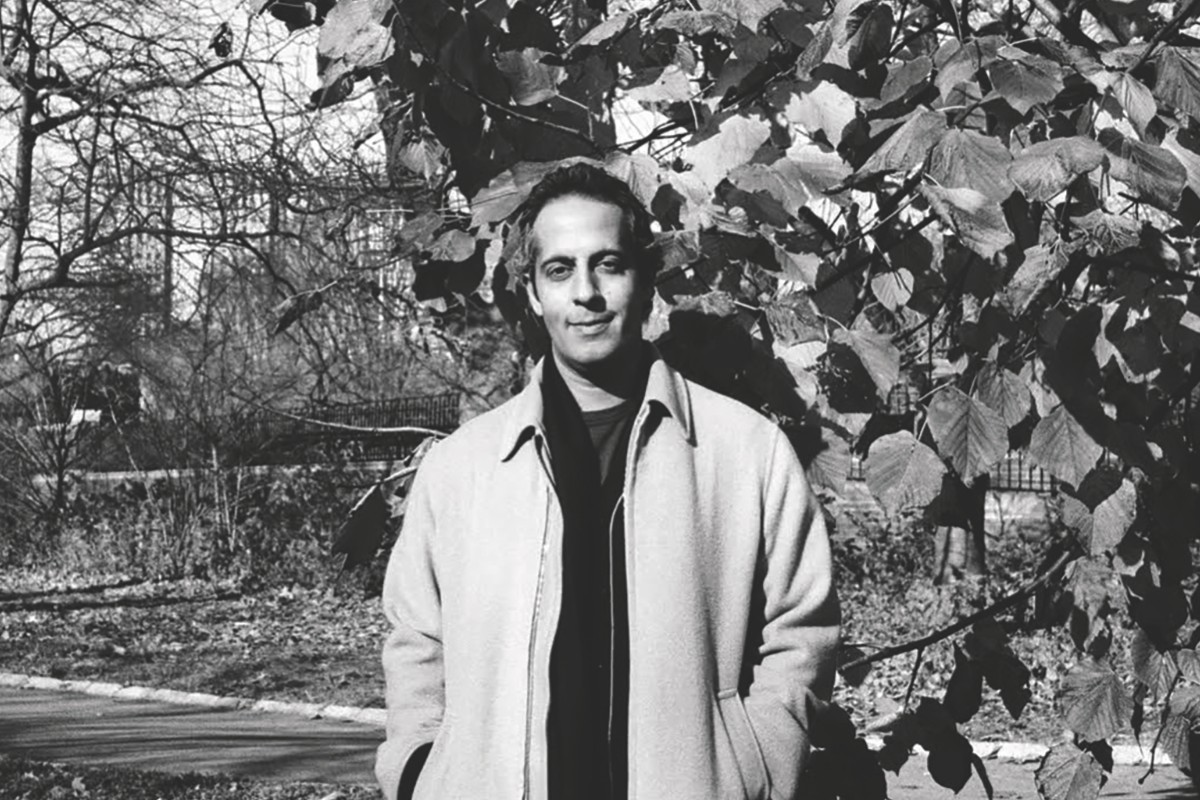
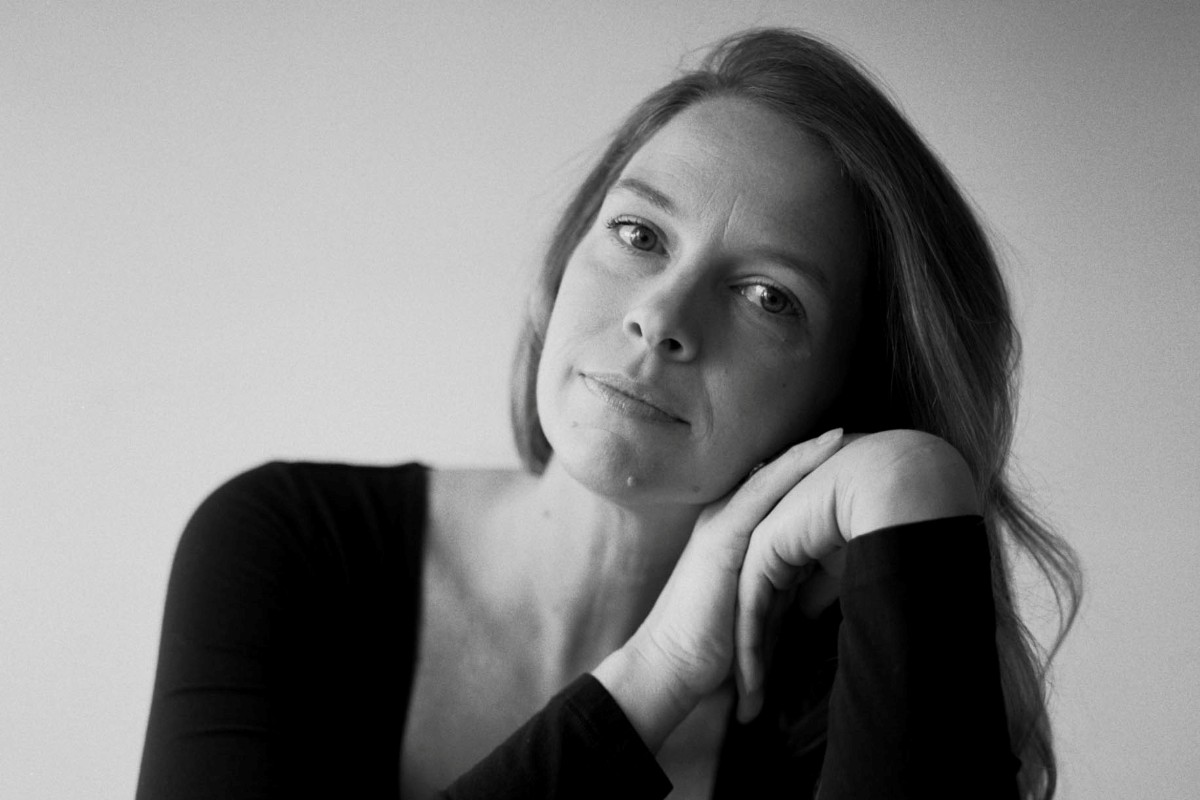

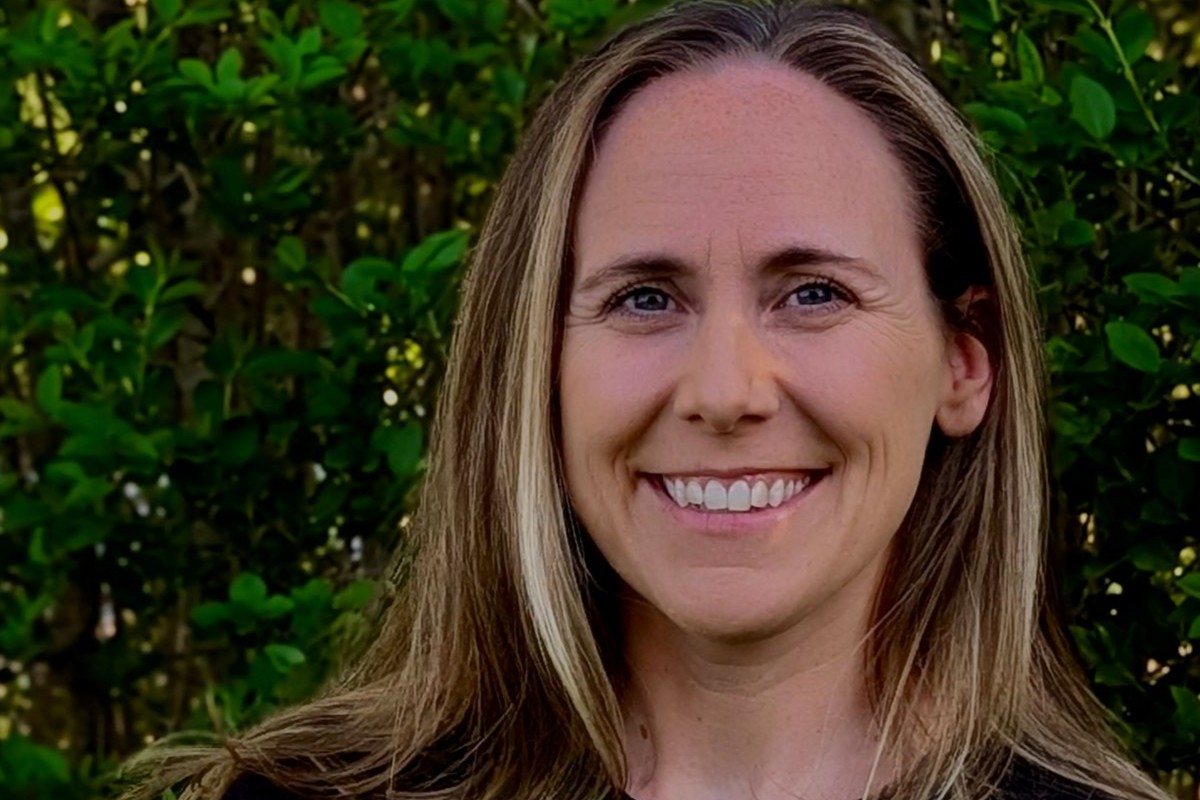
Leave A Comment